Long before there was a pandemic, Dru Grigson found himself during a scouting trip on a visit to the University of Missouri, digging up information on edge rusher Markus Golden.
Grigson, now the Cardinals' director of player personnel, loved Golden's tape, which showed him with more than 20 tackles for loss in his final college season and all of Golden's high motor and constant effort. Golden's position coach said he was the alpha in the room, his head coach said Golden would set the tone in practice, the strength coach said there was no shutting Golden down.
Then Grigson went out into the lobby of the building to see Golden – only to find Golden giving an elderly couple a tour of the facility. The first words Golden said to Grigson? "What do I have to do to get better?"
"I was like, 'This guy has to be a Cardinal,' " Grigson said. "For me, that's the biggest piece we are missing out on."
As the Cardinals work through a second coronavirus-ravaged draft season, they again find themselves – as does the rest of the NFL – adjusting their methods for scouting for the draft.
Last year, the bulk of the scouting was normal, complete with in-season visits to schools like the one Grigson took to Missouri to talk to Golden and the annual Scouting combine in Indianapolis. Where it went sideways was post-combine, when the country began to realize en masse the coronavirus was a major problem.
Chris Culmer, the Cardinals' director of college scouting, was in Eugene driving to Oregon's pro day when he got the call from the team to come home immediately. Grigson knew scout John Mancini was headed to Tulsa for that pro day when the news came that a couple of Tulsa players had tested positive, so Grigson called Mancini and told him not to go. Coaches that were out on the road were recalled.
"All the dominos started to fall," Grigson said.
Given that, the Cardinals – and the rest of the league – understand how to maneuver through this time of the year. The difference is that this year, because the combine didn't happen, there is much more information that must be gathered in a shorter window of pro days.
That's been the theme of the last few weeks, the Cardinals' offices on the football side dark as both scouts and coaches fan out across the country to reach as many pro days as possible (teams are only allowed up to three representatives at any one particular site.)
"I'm proud of how we have navigated this," Culmer said. "I'm in my 21st year and never seen anything like this and hopefully never do again."
There were some chances to see players play live in the fall, although there weren't practice visits and every conference was different. In the SEC there was a sort of lottery system, Culmer said, and you had to be assigned the ability to attend. Other places you could attend with enough advance notice, but with states varying on their pandemic rules, hurdles were everywhere.
"Credit to the colleges," Culmer said. "They knew what we needed."
That included Zoom calls during the season and even practice tape, which schools – and more specifically, coaches – are usually loathe to pass around.
"There are challenges, and I think they have done a great job," GM Steve Keim said. "Working from home while getting advance reports and communicating with our coaches during the season. The college scouts not only could not travel as they had in the past but, how do I lock myself in my house in a room for 10 hours a day and simulate a college visit, to make sure the dog isn't barking or the kids aren't knocking on the door or whatever the challenges, lock in and focus?"
Collecting the medical data – along with the in-person interviews, always the most important part of the combine for teams – has been equally different. Teams will soon send doctors and trainers to Indianapolis to get live checkups with the top 150 or so prospects, far fewer than the 300-plus players usually in Indy.
With the amount of money invested in the players, thorough evaluations are always a critical piece, even if the player is healthy.
"We also catch things at the combine every year, medical issues that the players or their families may not have known about in the past, and we can get them to specialists for medical care, surgery, or treatment for general medical issues, not just football stuff," Cardinals head athletic trainer Tom Reed said. "We won't have that ability this year, and it will be a lot easier to miss things. Imagine how hard it would be to do a full internal medicine exam or orthopedic exam on FaceTime? It's impossible, so we will gather as much info as possible and grade them accordingly.
"We will have to use our experience and people hours to do our best to make judgment calls on medical grades."
In a normal year, the Cardinals travel to fewer pro days, instead hitting not only targeted bigger schools but also pro days featuring players not at the combine.
Instead, the Cards have tripled their pro days attended, with scouts totaling 55 visited and coaches another 35.
Even then, interaction remains limited.
"I don't think you get the conviction on a guy, one way or the other," Grigson said, adding, "Those are opportunities we're missing out on, but then again, everyone else is too."
Girls from the ages of 6-12 participated in a flag football clinic at State Farm Stadium on Saturday.

Girls from the ages of 6-12 participated in a flag football clinic at State Farm Stadium on Saturday.

Girls from the ages of 6-12 participated in a flag football clinic at State Farm Stadium on Saturday.

Girls from the ages of 6-12 participated in a flag football clinic at State Farm Stadium on Saturday.

Girls from the ages of 6-12 participated in a flag football clinic at State Farm Stadium on Saturday.

Girls from the ages of 6-12 participated in a flag football clinic at State Farm Stadium on Saturday.

Girls from the ages of 6-12 participated in a flag football clinic at State Farm Stadium on Saturday.

Girls from the ages of 6-12 participated in a flag football clinic at State Farm Stadium on Saturday.

Girls from the ages of 6-12 participated in a flag football clinic at State Farm Stadium on Saturday.

Girls from the ages of 6-12 participated in a flag football clinic at State Farm Stadium on Saturday.

Girls from the ages of 6-12 participated in a flag football clinic at State Farm Stadium on Saturday.

Girls from the ages of 6-12 participated in a flag football clinic at State Farm Stadium on Saturday.

Girls from the ages of 6-12 participated in a flag football clinic at State Farm Stadium on Saturday.

Girls from the ages of 6-12 participated in a flag football clinic at State Farm Stadium on Saturday.
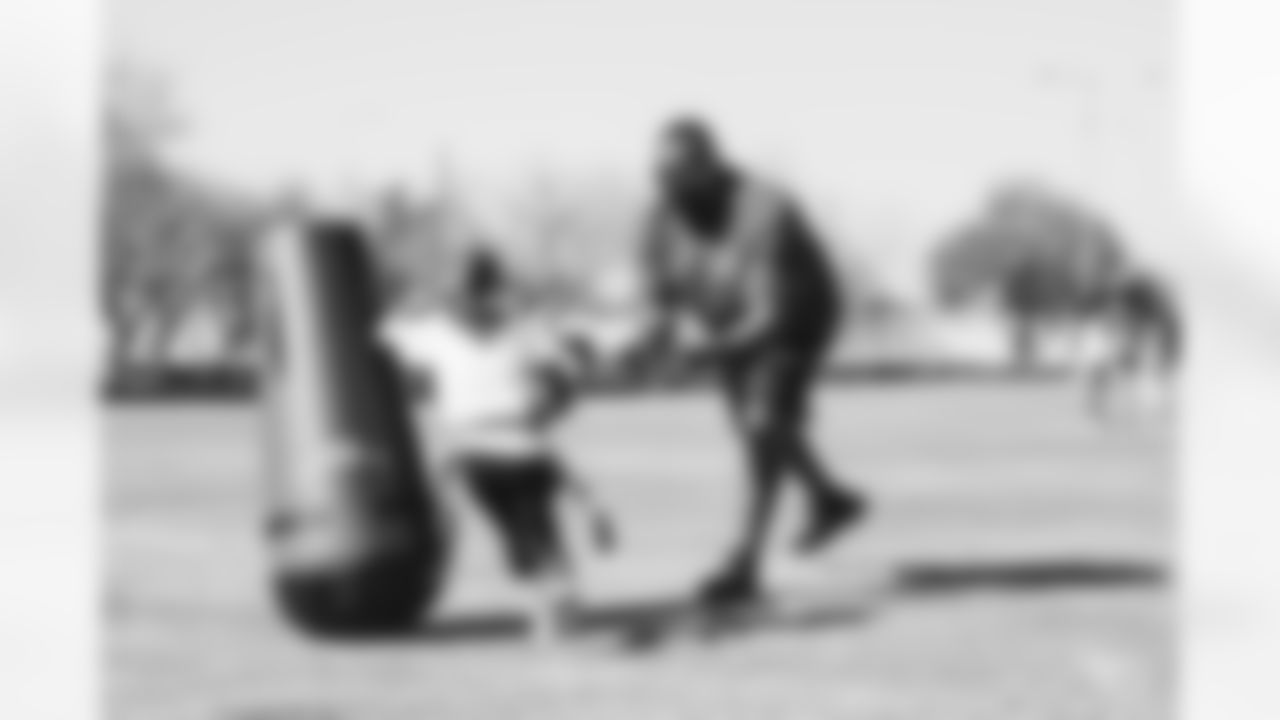
Girls from the ages of 6-12 participated in a flag football clinic at State Farm Stadium on Saturday.

Girls from the ages of 6-12 participated in a flag football clinic at State Farm Stadium on Saturday.

Girls from the ages of 6-12 participated in a flag football clinic at State Farm Stadium on Saturday.

Girls from the ages of 6-12 participated in a flag football clinic at State Farm Stadium on Saturday.

Girls from the ages of 6-12 participated in a flag football clinic at State Farm Stadium on Saturday.

Girls from the ages of 6-12 participated in a flag football clinic at State Farm Stadium on Saturday.

Girls from the ages of 6-12 participated in a flag football clinic at State Farm Stadium on Saturday.

Girls from the ages of 6-12 participated in a flag football clinic at State Farm Stadium on Saturday.

Girls from the ages of 6-12 participated in a flag football clinic at State Farm Stadium on Saturday.

Girls from the ages of 6-12 participated in a flag football clinic at State Farm Stadium on Saturday.

Girls from the ages of 6-12 participated in a flag football clinic at State Farm Stadium on Saturday.
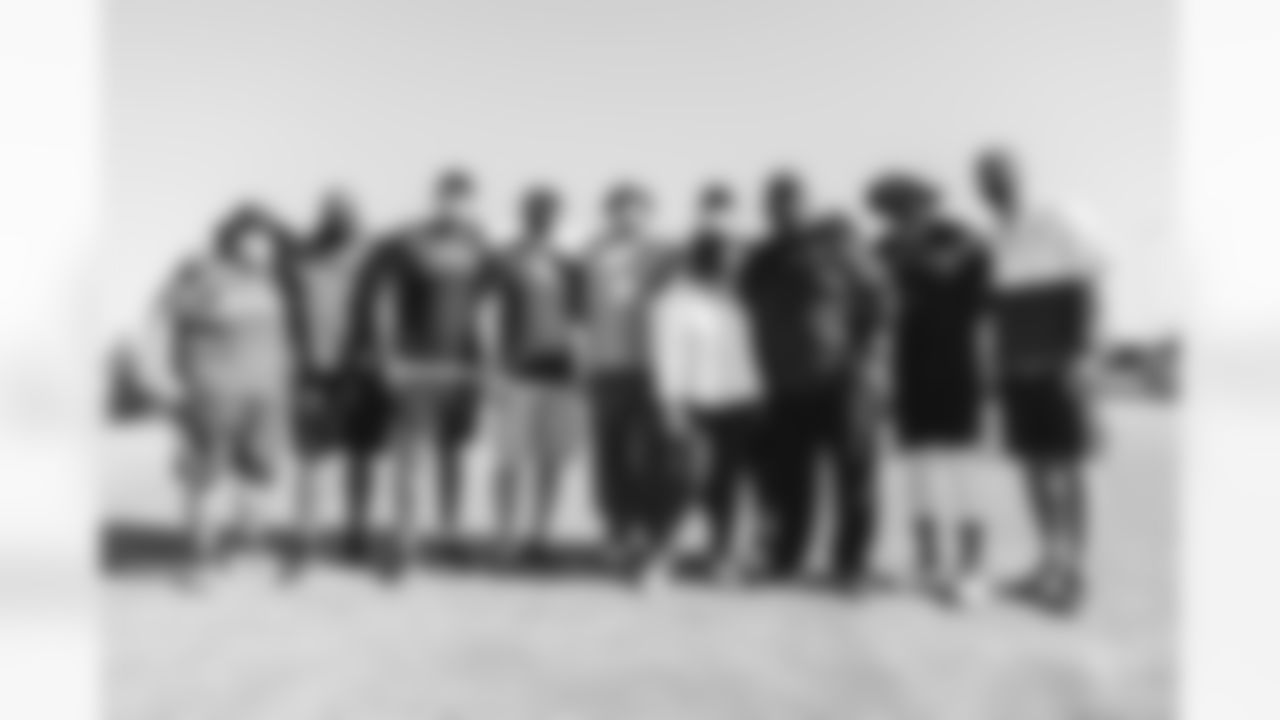
Girls from the ages of 6-12 participated in a flag football clinic at State Farm Stadium on Saturday.
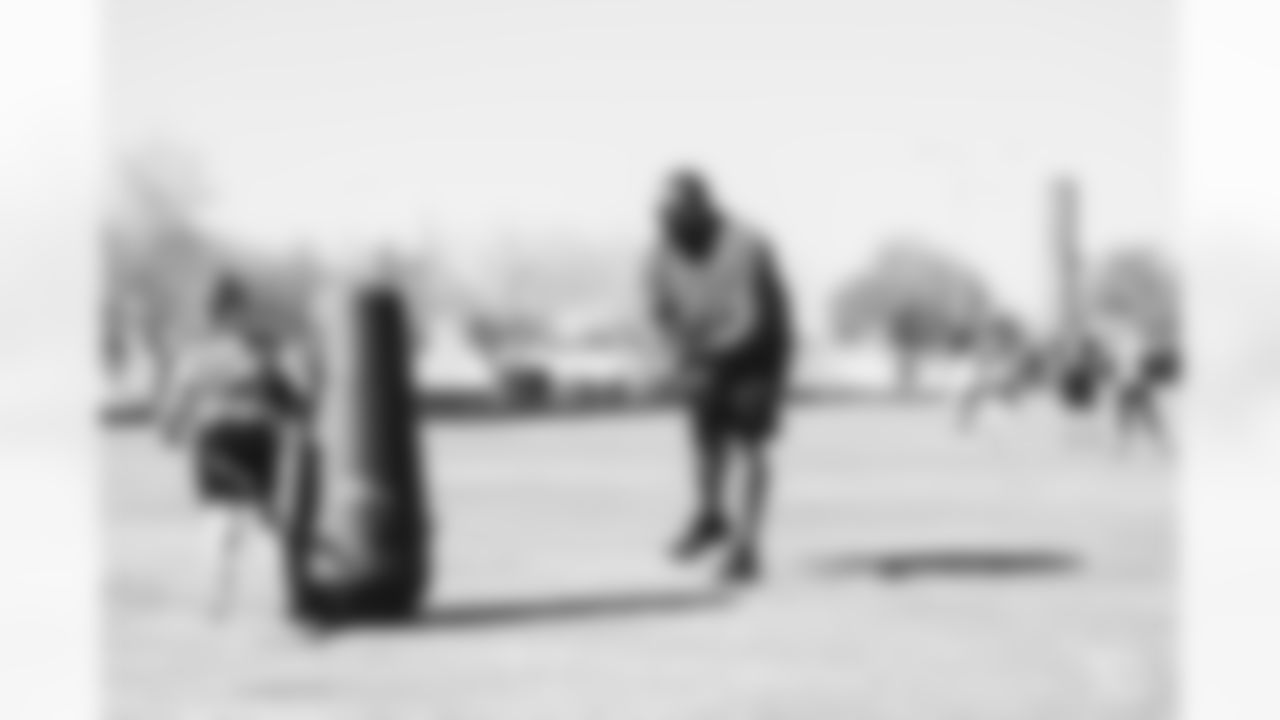
Girls from the ages of 6-12 participated in a flag football clinic at State Farm Stadium on Saturday.

Girls from the ages of 6-12 participated in a flag football clinic at State Farm Stadium on Saturday.
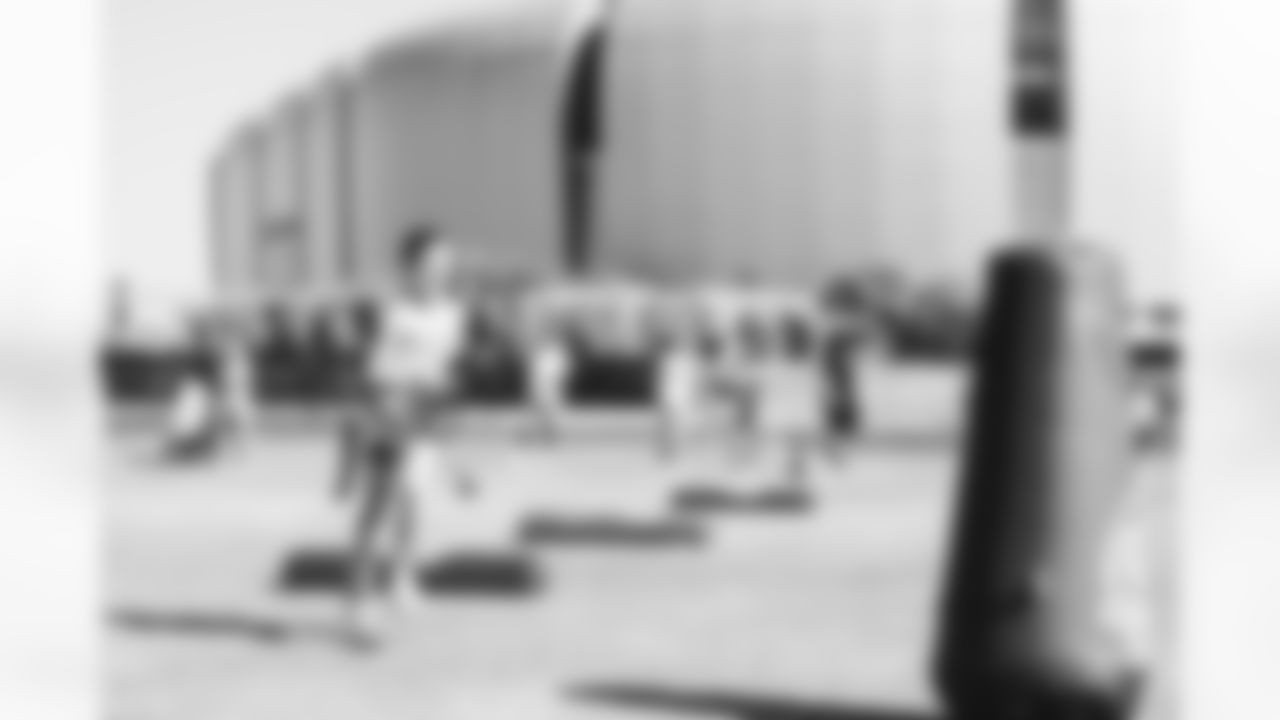
Girls from the ages of 6-12 participated in a flag football clinic at State Farm Stadium on Saturday.

Girls from the ages of 6-12 participated in a flag football clinic at State Farm Stadium on Saturday.

Girls from the ages of 6-12 participated in a flag football clinic at State Farm Stadium on Saturday.

Girls from the ages of 6-12 participated in a flag football clinic at State Farm Stadium on Saturday.

Girls from the ages of 6-12 participated in a flag football clinic at State Farm Stadium on Saturday.

Girls from the ages of 6-12 participated in a flag football clinic at State Farm Stadium on Saturday.
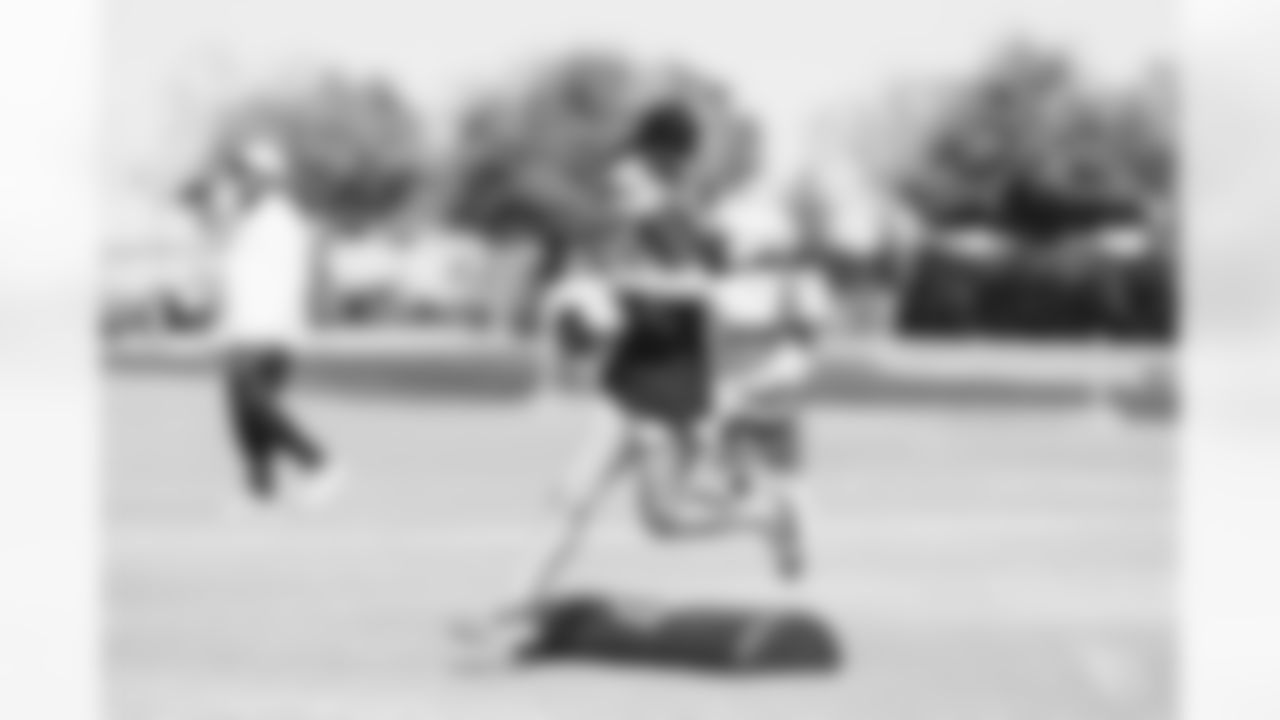
Girls from the ages of 6-12 participated in a flag football clinic at State Farm Stadium on Saturday.

Girls from the ages of 6-12 participated in a flag football clinic at State Farm Stadium on Saturday.

Girls from the ages of 6-12 participated in a flag football clinic at State Farm Stadium on Saturday.

Girls from the ages of 6-12 participated in a flag football clinic at State Farm Stadium on Saturday.

Girls from the ages of 6-12 participated in a flag football clinic at State Farm Stadium on Saturday.

Girls from the ages of 6-12 participated in a flag football clinic at State Farm Stadium on Saturday.

Girls from the ages of 6-12 participated in a flag football clinic at State Farm Stadium on Saturday.
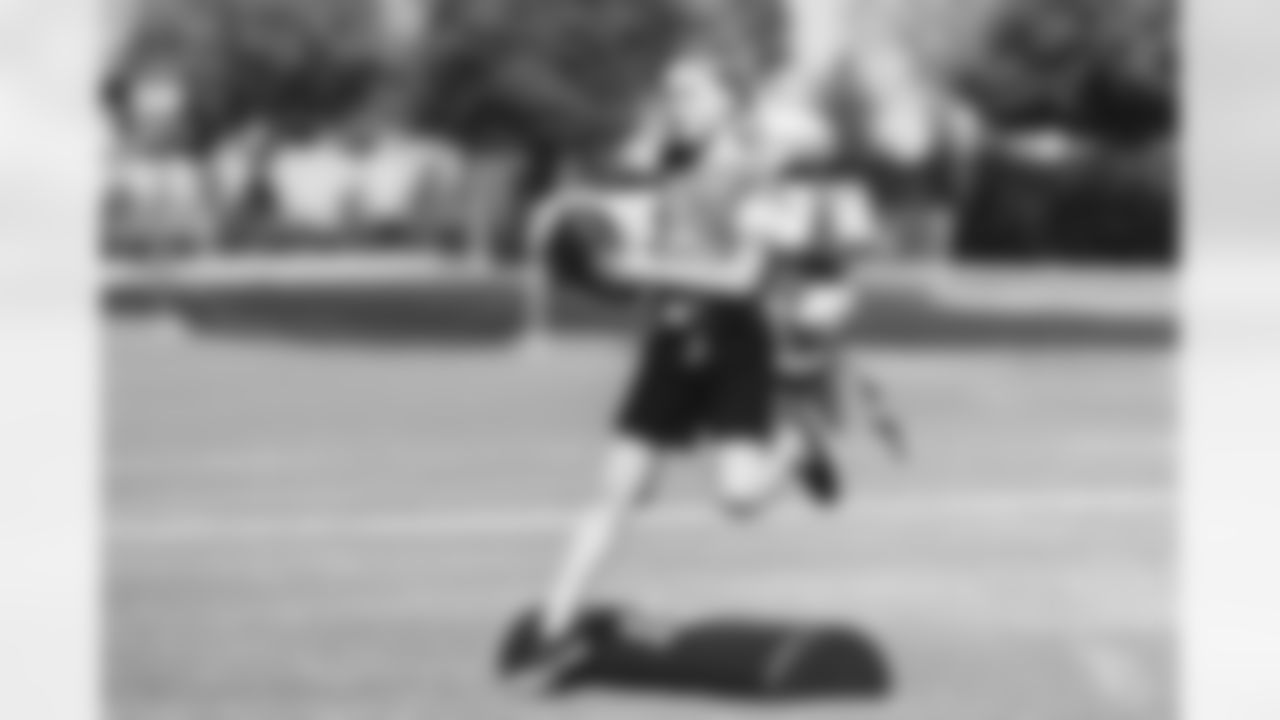
Girls from the ages of 6-12 participated in a flag football clinic at State Farm Stadium on Saturday.

Girls from the ages of 6-12 participated in a flag football clinic at State Farm Stadium on Saturday.
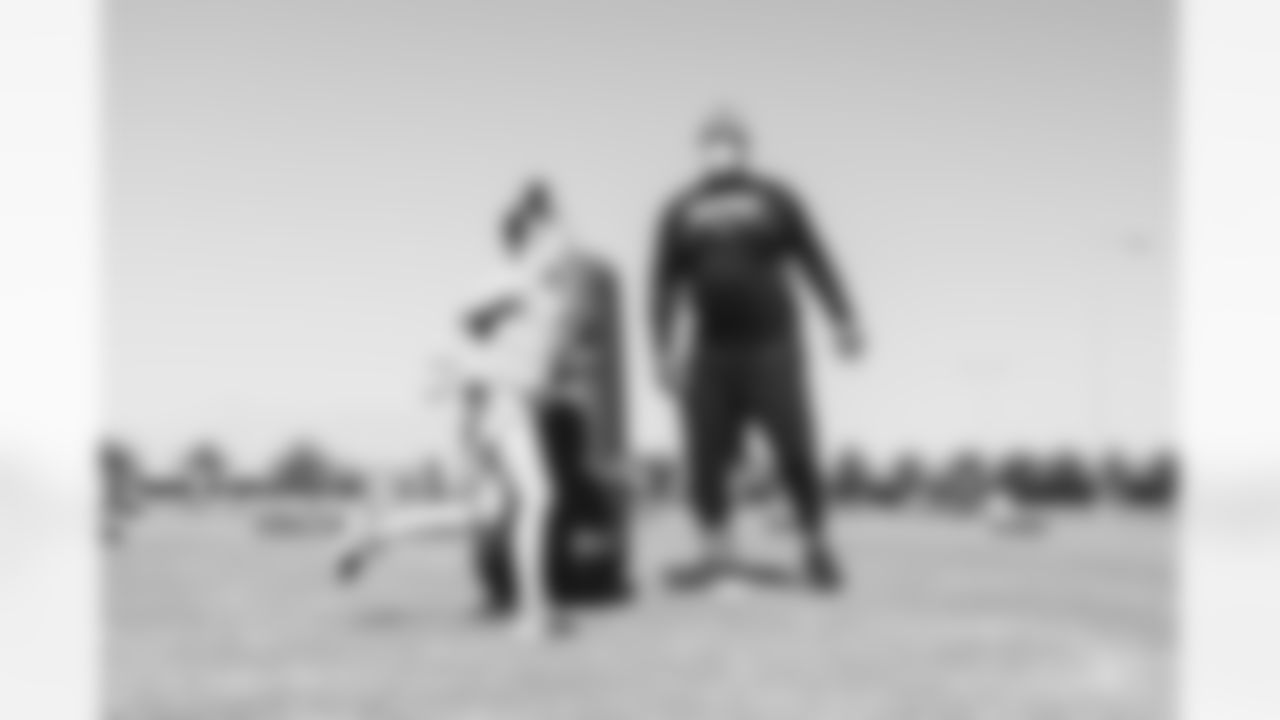
Girls from the ages of 6-12 participated in a flag football clinic at State Farm Stadium on Saturday.















